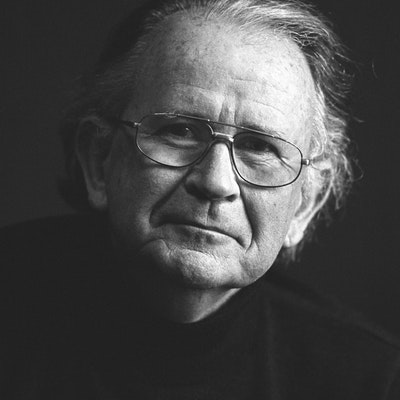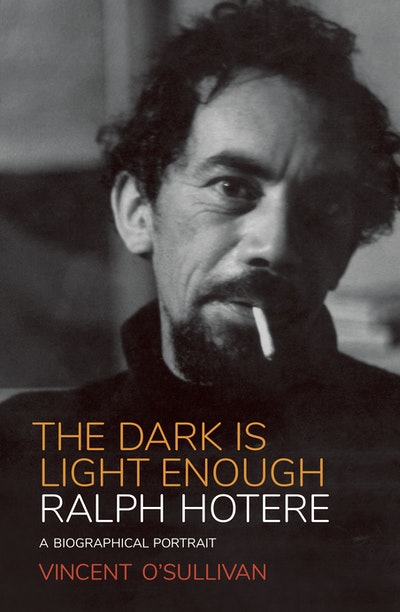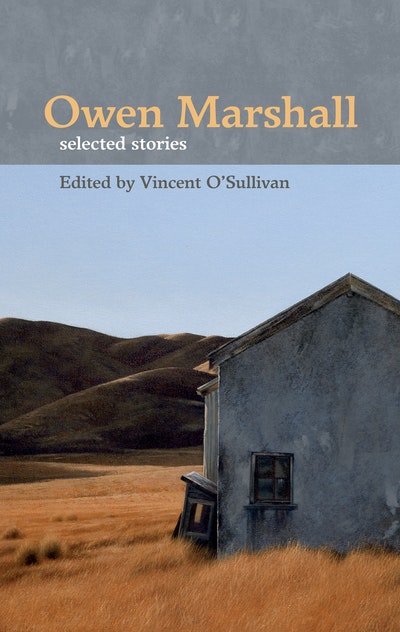Let the River Stand (Penguin Award Winning Classics)
- Published: 30 May 2016
- ISBN: 9780143573807
- Imprint: Penguin
- Format: Hardback
- Pages: 352
- RRP: $29.99
'A novel that is sure to take a place of honour on the nation's bookshelves.' — Paul R. Bushnell, The Press
PRH, PRH
'A complex and adsorbing novel about the heartland' — Mark Houlahan, Waikato Times
PRH, PRH
'A novel with epic qualities' — Graeme Lay, North and South
PRH, PRH
'Challenging and intriguing' — Brain Edwards
PRH, PRH
'An exceptionally rich and unsentimental study of courage and enduring love, as well has a splendidly authentic reconstruction of rural life in the 1930s, Let the River Stand is destined, I suspect, to become a New Zealand classic taught with reverence in schools and universities.' — Iain Sharp, Sunday Star
PRH, PRH
'A fiercely felt novel of obligation and loyalty . . . a novel that deserves readership and acclaim.' — Peter Payne, Nelson Evening Mail
PRH, PRH
'O'Sullivan belongs up there with Marshall as one of the great continuators of the New Zealand realist story.' — Lawrence Jones, Evening Post
PRH, PRH
'A cleverly constructed novel . . . and exciting one . . . a puzzling one which leads the reader on to try to find out what is behind the various events . . . marvellously written . . . and based on shrewd understanding of character and personality.' — W. J. McEldowney, Otago Daily Times
PRH, PRH
'A superbly delivered story' — Elizabeth Caffin, Quote Unquote
PRH, PRH
'No New Zealand novel has conveyed more completely a sense of history and of those visionary moments that resist its flow.' — The Oxford Companion to New Zealand Literature
PRH, PRH
'Let the River Stand has been acclaimed for the sustained excellence of the writing, its perceptive characterization, and its teasing, jigsaw structure. Ostensibly a historical, social-realist fiction of rural New Zealand society between the 1920s and 1950s, it moves from Waikato during the Depression to Tasmania and Spain with a complex narrative structure that has been compared to the work of James Joyce. Images resonate with exacting observations of events, places, and people to evoke feelings and memories that are layered with meaning over time and which invite symbolic interpretation. Through his hero, Alex McLeod, O'Sullivan revisits the masculine world of his short stories and verse, and through the mind of Collins/Schwarz, a failed boxer turned pig-raiser, he investigates the bleakly limited world of the besieged, marginal man. - F.W. Nielsen Wright, Two Wellington Poets: W.H. Oliver and Vincent O'Sullivan: A Critique
PRH, PRH





